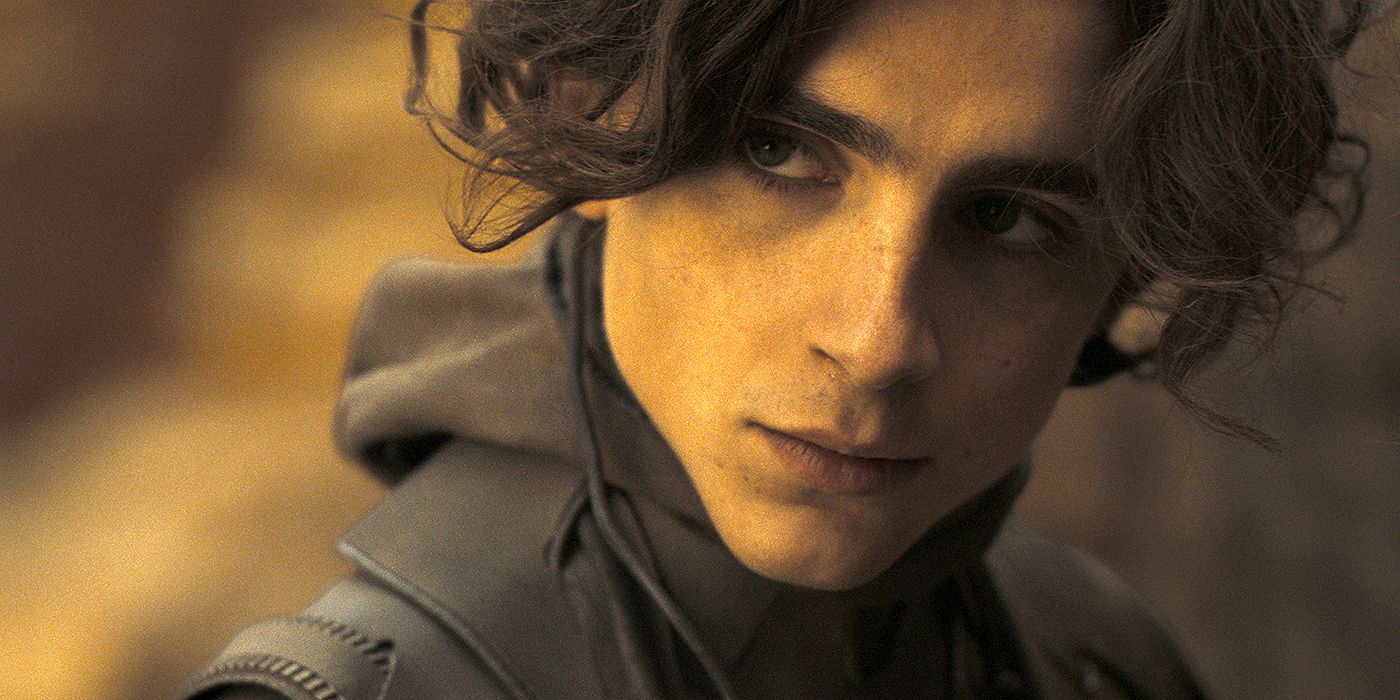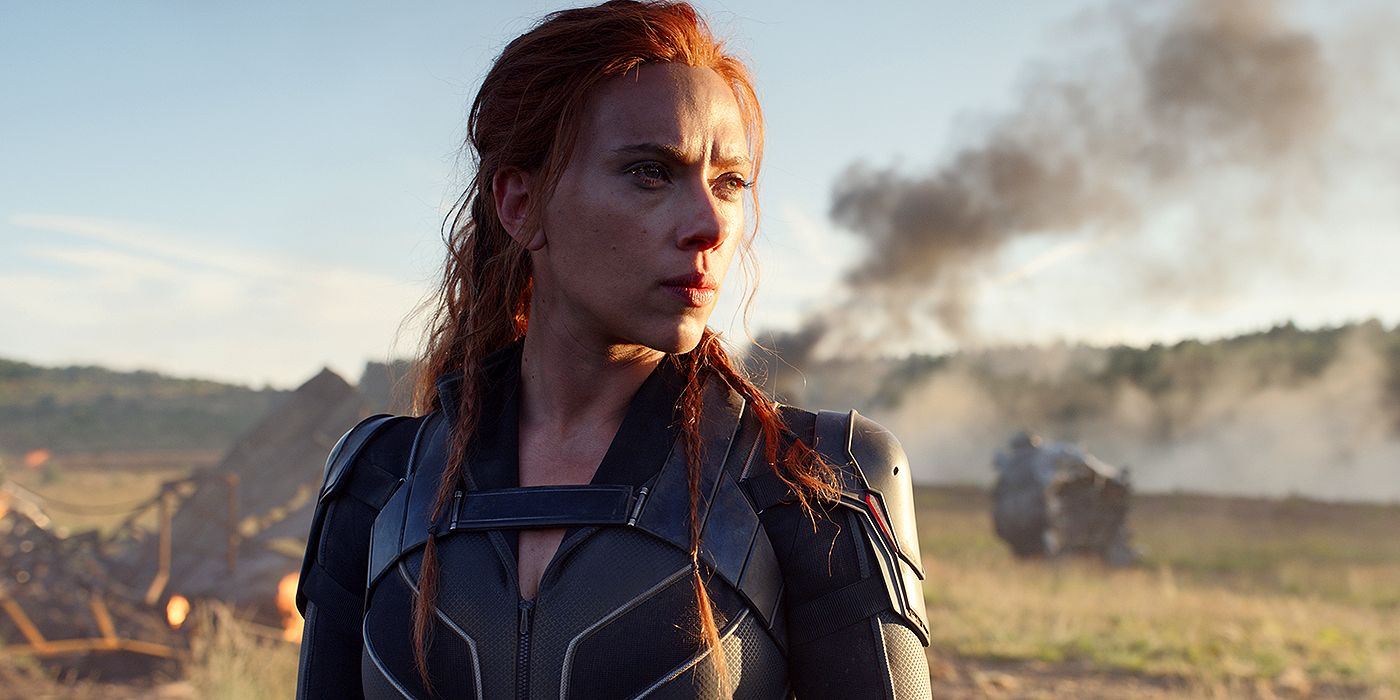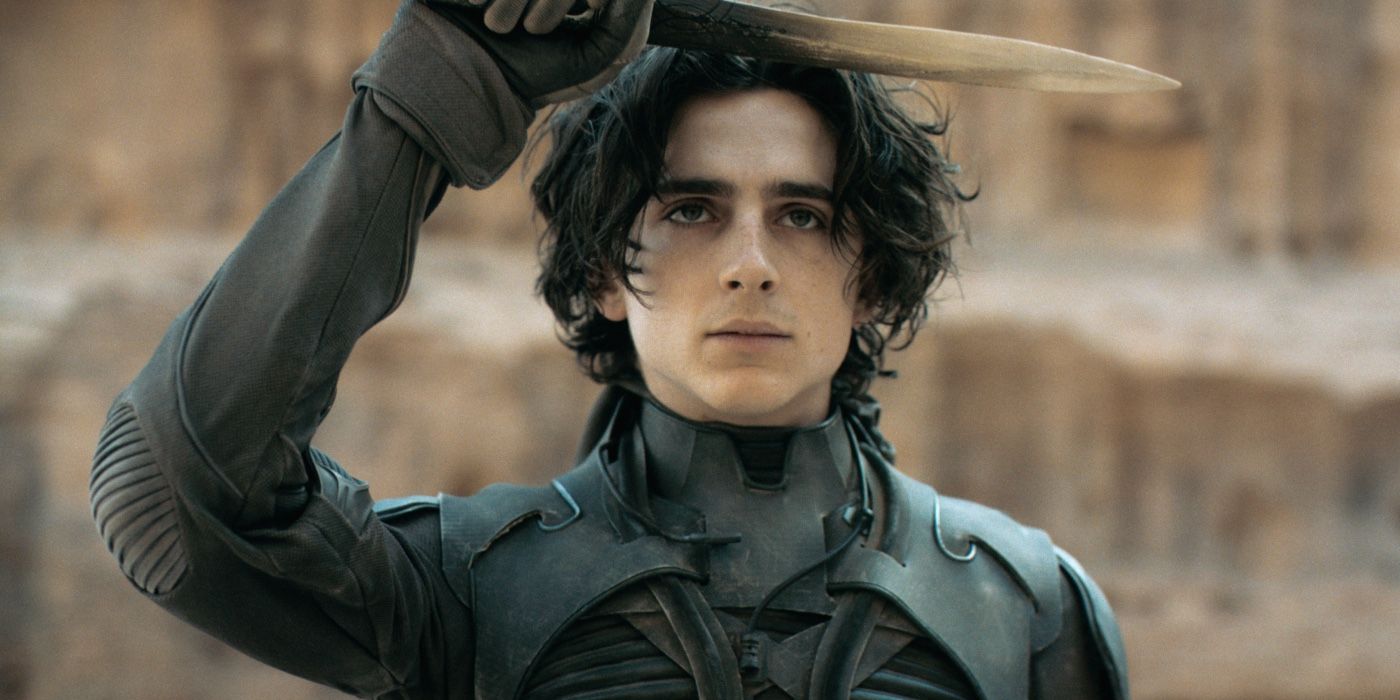The COVID-19 pandemic changed the entertainment industry in countless ways. One of the biggest hurdles studios have faced is whether to release films in theaters the same day as on streaming platforms. That worked relatively well, initially, because a majority of theaters were closed down. However, despite the rising threat of COVID variants, theaters have begun to reopen, which has left some studios -- namely, Disney -- facing legal backlash for same-day release. But despite opting for simultaneous release of its films on HBO Max, Warner Bros. has, so far, avoided lawsuits like the one Scarlett Johansson filed against Disney.
Marvel's Black Widow premiered July 9 in theaters and as a premium purchase on Disney+. While that was great for people who felt safer watching at home, Johansson claims the streaming premiere was a breach of her contract. Initially, the plan was for the film to have a theater-only release; after the switch, however, Johansson sued, which has strained the relationship between the studio and the star, who has appeared in no fewer than a dozen films now owned or distributed by Disney or its subsidiaries. That has resulted in both sides publicly expressing their feelings on the situation while the legal battle continues; the negative press has even pushed other creatives to be more diligent in their approach to film contracts.
Similarly, Warner Bros. announced in December 2020 that its 2021 film slate, including Godzilla vs. Kong, Mortal Kombat and The Suicide Squad, would receive same-day release. However, the creative teams behind those movies have yet to pursue legal action, despite a handful expressing displeasure with the streaming decision. Two of the more outspoken parties were Gal Gadot and Patty Jenkins, who were unhappy with the simultaneous release of Wonder Woman 1984 in theaters and on HBO Max. But given that the DC Extended Universe film was set to open during the height of the pandemic, a theater-only release was unrealistic. Director Denis Villeneuve's Dune will also receive the HBO Max treatment in October, and he's already voiced his own displeasure.
But while these arguments are difficult to ignore, they largely focus on the overall movie-going experience rather than the financial aspect. Of course, the box office is still an essential aspect of the conversation, especially for a film as ambitious as Dune. But the reason for a larger concern about artistic quality is the steps Warner Bros. took to avoid the legal battles places like Disney are facing.
Prior to announcing its slate's move to HBO Max, Warner Bros. revised contracts to help mitigate losses for same-day releases. As stated in the Los Angeles Times, "WarnerMedia paid out more than $200 million combined to certain high-profile filmmakers and A-listers to compensate for lost profit participation when the company decided to put all its 2021 films on streaming service, HBO Max, for no extra charge to consumers." That move permitted filmmakers to recoup some of the money they would have earned from a traditional theatrical release without forcing audiences to venture out to theaters. The company's actions had the benefit of raising the profile and, presumably, the subscriber base, of its fledgling streaming platform, HBO Max.
Johansson's battle with Disney has raised awareness of a situation that is extremely delicate. In today's climate, communication and preventative measures are essential. And while both Disney and Warner Bros. want to bring their content to the broadest audience, specific circumstances, like release strategies, can slip through the cracks and snowball into something more significant down the road. Disney's controversy has shown why such discussions are imperative when it comes to releasing content, and while its solution is far from perfect, WarnerMedia has, at the very least, presented a solution that has generated a more positive outcome.



